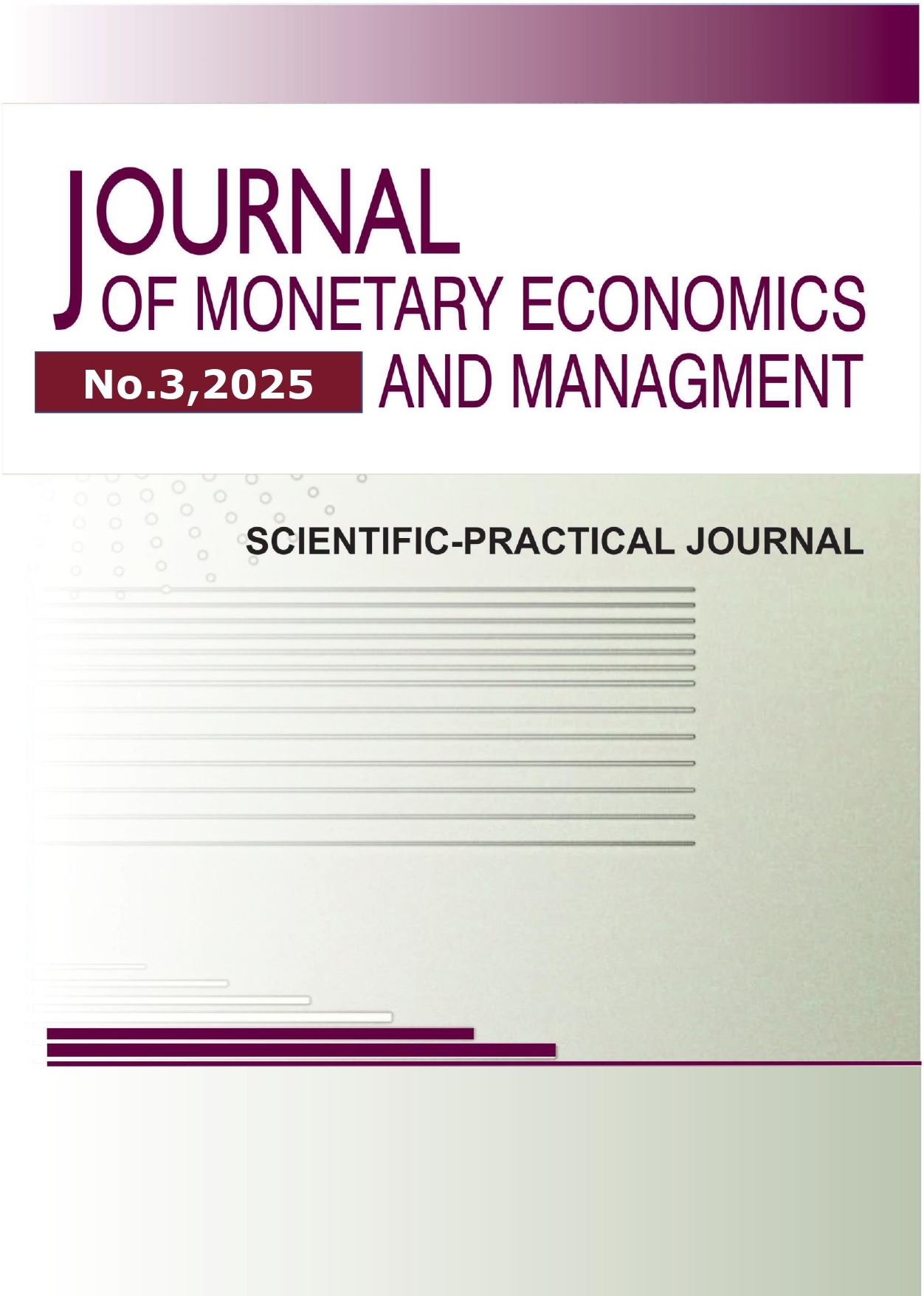employee
In the context of rapid development of information technologies and digitalization across all sectors of the economy, the accounting profession faces the need for significant changes and modernization. Traditional methods of accounting are giving way to modern digital tools that significantly improve the efficiency of accounting, processing, and analyzing financial information. The automation of accounting processes, the introduction of specialized software, artificial intelligence systems, machine learning technologies, and blockchain are fundamentally transforming the nature of accountants’ professional activities, shifting their role beyond mere recording of business transactions. Today, an accountant is not just a performer but also an analyst, consultant, and strategist, participating in the management of financial flows and risk minimization. The article thoroughly examines the key trends in the development of the accounting profession under conditions of digital transformation. Special attention is paid to promising areas of improving accounting functions, including the advancement of automated accounting systems, the use of cloud technologies, digital platforms, and online services that provide real-time data access and enhance the transparency and reliability of financial information. The impact of regulatory changes, international standards, and the requirements of regulatory authorities on accountants' activities is also analyzed. Furthermore, the annotation emphasizes the importance of developing new competencies and skills necessary for modern accountants to successfully adapt to the changing professional environment. These include knowledge of modern IT technologies, the ability to work with large data sets (Big Data), skills in financial analysis, risk management, and strategic planning. The need for continuous professional development, qualification enhancement, and learning new tools and accounting methods is also highlighted.
accounting profession, accounting automation, digitalization, artificial intelligence, blockchain
1. Bogatova O. V. Cifrovaya transformaciya buhgalterskogo ucheta: problemy i perspektivy // Vestnik ekonomiki i upravleniya. – 2023. – №5. – S. 45-53. URL: https://cyberleninka.ru/article/n/tsifrovaya-transformatsiya-buhgalterskogo-ucheta-problemy-i-perspektivy
2. Gur'yanov A. V., Plotnikov, V. A., Yusufova, A. M. Sistema vnutrennego kontrolya predpriyatiya kak instrument obespecheniya ekonomicheskoy bezopasnosti // Upravlencheskoe konsul'tirovanie. – 2024. – №1 (181). URL: https://cyberleninka.ru/article/n/sistema-vnutrennego-kontrolya-predpriyatiya-kak-instrument-obespecheniya-ekonomicheskoy-bezopasnosti
3. Kostysheva A. M. Osobennosti upravleniya riskami v buhgalterskom uchete // Mezhdunarodnyy zhurnal gumanitarnyh i estestvennyh nauk. – 2023. – №6-1 (81). URL: https://cyberleninka.ru/article/n/osobennosti-upravleniya-riskami-v-buhgalterskom-uchete
4. Fadeeva Yu. Yu., Ovchinnikova I. V. Rol' buhgalterskogo ucheta v sisteme ekonomicheskoy bezopasnosti predpriyatiya // Ekonomika i socium. – 2016. – №4-2 (23). URL: https://cyberleninka.ru/article/n/rol-buhgalterskogo-ucheta-v-sisteme-ekonomicheskoy-bezopasnosti-predpriyatiya
5. Goncharova A.A., Poldolina M. L. Professional'nyy standart kak instrument professional'nogo konsul'tirovaniya//Aktual'nye voprosy sovremennoy ekonomiki. 2023.- №1. S.322-335









